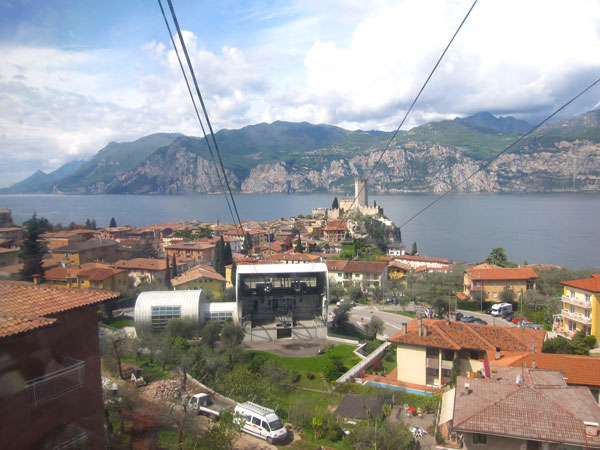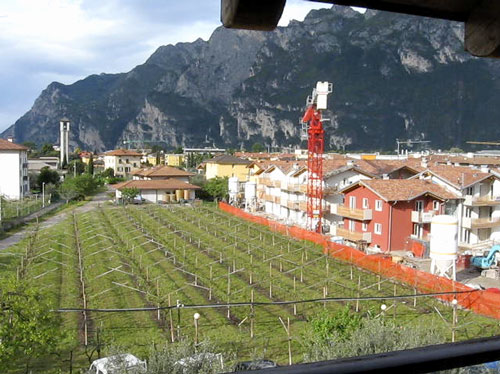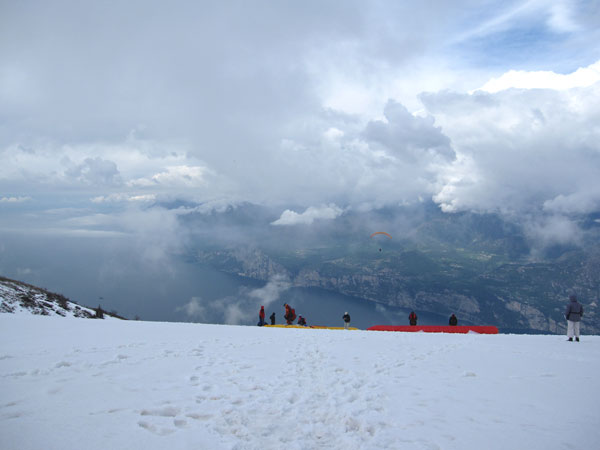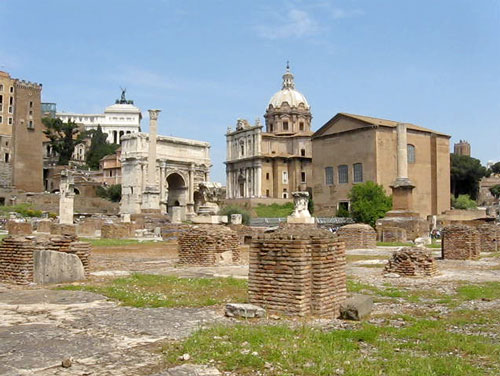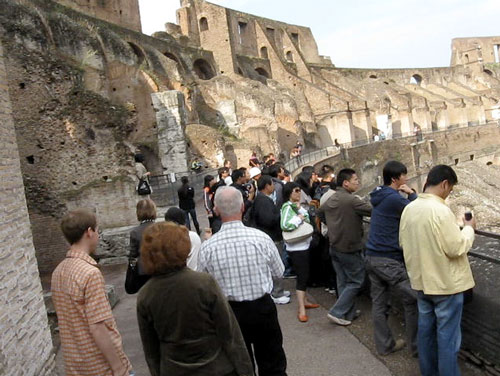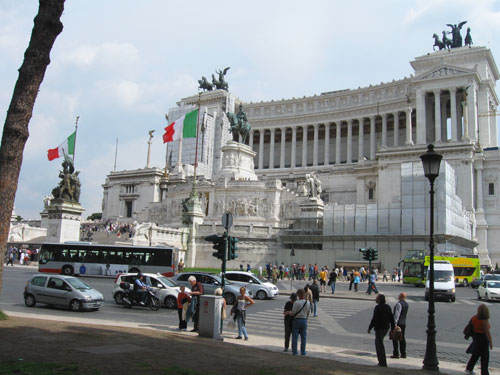Ciao a tutti! – Hiya all!
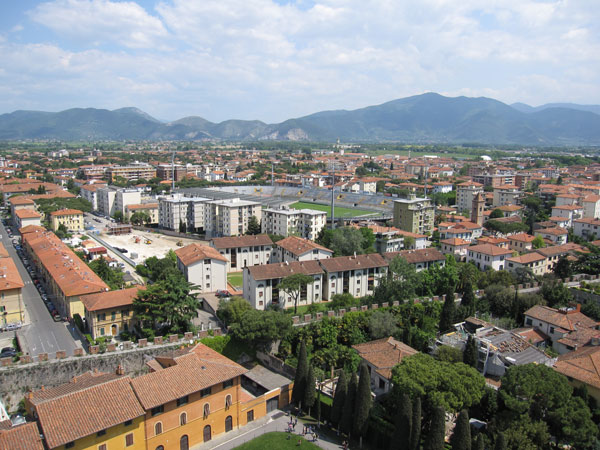
This is the last part about Italian modal verbs. But first let’s refresh our memory. We know 3 modal verbs (verbi modali) and theirs forms:
- potere – can (posso, puoi, può, possiamo, potete, possono)
- volere – want (voglio, vuoi, vuole, vogliamo, volete, vogliono)
- dovere – must/have to (devo, devi, deve, dobbiamo, dovete, devono)
Today we’ll talk about fourth modal verb (or modal helper) – sapere (know/know how/can). Typical usage – we know and can do something well:
- I can drive a car (I know how to)
- I know how to cook
See, looks somehow similar to potere examples. But sapere and potere are different. Later we’ll see that. Continue reading
